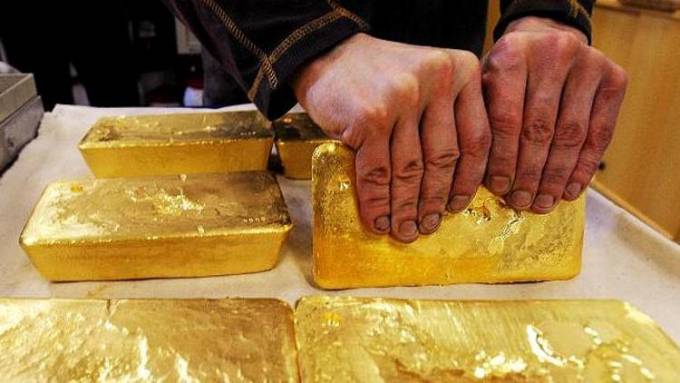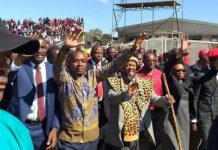Nelson Chamisa and his MDC-Alliance lost the election in the July 2018 elections of the post-Mugabe era.
Reacting to this loss, he cockily pronounced that it was of no consequence.
His agenda henceforth would be to ensure that the country is ungovernable through extra-parliamentary and extra-constitutional disruption.
“Mutakura wacho tichaudira jecha tigoona kuti achaudya ndiani?”
Here was a self-proclaimed man of God embracing the mutually assured destructive path of biblical strongman Samson of the Temple.
There was an assured confidence of a defiant loser.
On what nuclear option weapon was he standing upon?
For the answer, dial Biti, his vice president of revolving MDC doors and a darling of the intrusive Washington neo-liberal practitioners of regime change in Zimbabwe.
Boasting of his legalistic command of complex financial matters, he gloated, “Mnangagwa can rig elections, but he cannot rig the economy!”
Why such political prancing by the two ambitious MDC stalwarts?
They were relying on the permanency of the colonial corporate economic template installed by Cecil John Rhodes, the 19th Century British imperial marauder and predator.
His British South Africa Company (BSAC) raised the British flag in Salisbury as an agent and not a department of the Crown.
His company became the de facto governing authority of Southern Rhodesia.
Gold allure
Prior to this dark act, Zimbabwe had existed continuously as a successful trading entity for millennia, courtesy of its legendary gold endowments.
Through history, gold has distinguished itself as the global currency of supreme choice of all humanity.
If other nations worked hard to produce goods to trade, Zimbabwe possessed the ultimate money — gold.
No wonder Indian monsoon winds had Arab dhows plying between the ports of the Munhumutapa and various trading centres along the littoral Indian Ocean.
Turkey, Arabia, Iran, Egypt, Somalia, Iran, India, Indo-Malay and even far-away China all conducted commerce first with Mapungubwe, later with Great Zimbabwe, Khami, Danamombe and others.
The BSAC corporate governing authority lost no time in displacing the freely interchangeable gold currency with fiat paper money.
The Rhodesian dollar was there primarily to cater for the growing white-settled minority community.
The indigenous majority were dispossessed of the precious historical gold mines by “blanket explorers”, hence the enduring name of Blanket Mine.
These were white settlers who bought blankets on the Rand of South Africa.
They then used the blankets as compensation to the indigenous African owners of robbed gold mines.
The marauding new white owners went back to register their newly possessed mines with the mining commissioner at the BSAC headquarters in Johannesburg.
The brisk trade in blankets earned them the moniker “blanket explorers” of Rhodesia. The template of an economy built upon plunder could not entertain the free interplay of supply and demand in the colonial territory.
It naturally defaulted to allocation so as to engender the outflow of money from the black African majority to the company’s coffers.
The unjust enrichment was then shipped out to London, New York and other European metropolises of global banking and finance.
It is noteworthy that the new colony lost no time in setting up a stock exchange in Mutare.






